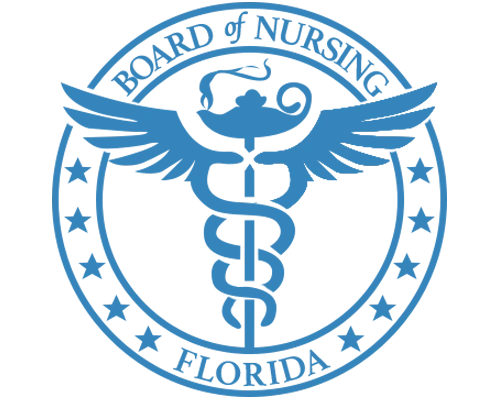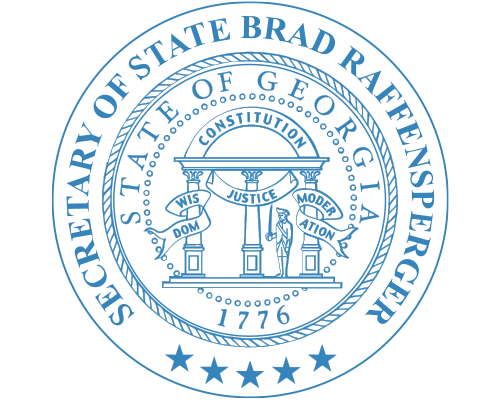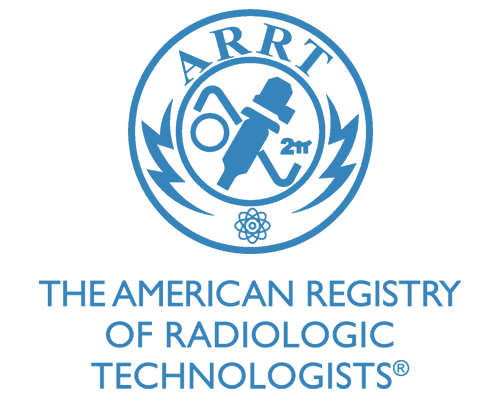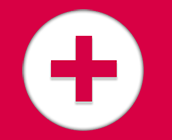
All Cambridges Campuses (Delray Beach, Miami, Altamonte Springs) programs are approved by the Florida Department of Education through the Commission for Independent Education (CIE).
Program List:
Diagnostic Medical Sonography, Radiologic Technology, Radiation Therapy, Nursing (BSN, Altamonte Springs), ASN (Delray Beach, Altamonte, and Miami), Nursing Assistant, Medical Assistant (Miami and Altamonte Springs), and Phlebotomy
About the Commission for Independent Education:
The Commission for Independent Education has statutory responsibilities in matters relating to nonpublic, postsecondary, educational institutions. In keeping with the Florida Department of Education’s goal of producing a seamless educational system, some of these functions include consumer protection, program improvement, institutional policies and administration, data management, and the licensure of independent schools, colleges and universities.
Tiffany Hurst
Executive Director
325 W. Gaines St, Suite 1414
Tallahassee, Florida 32399-0400
Phone: 850-245-3200
Fax: 850-245-3233

Cambridge Atlanta Campus programs are approved by the State of Georgia Nonpublic Postsecondary Education Commission (GNPEC).
Program List:
Diagnostic Medical Sonography, Radiologic Technology, Radiation Therapy, Medical Laboratory Technician, Medical Assistant, Phlebotomy
Online Program List:
Medical Billing and Coding, Computer Networking (Certificate, AS, BS), Cyber Network Security (Certificate, AS, BS), Data and Project Management (Certificate and AS), Data Management and Analytics (BS), Project Management (BS), Health Information Technology, and Health Information Management
Cambridge College Nursing Assistant program is approved by the Department of Community Health (DCH).
Why was GNPEC Created?
The Georgia Nonpublic Postsecondary Education Commission (GNPEC) was established by legislation enacted in 1990. GNPEC operations began in 1991, and the first Commission members were appointed in 1992. Prior to the creation of GNPEC, the Georgia Department of Education was responsible for the regulation of nondegree-granting schools (under the Proprietary School Act) and degree-granting schools (under the Postsecondary Educational Authorization Act). Under the 1990 Act, these earlier statutes were repealed and regulatory authority was consolidated with the Commission.
The primary purpose for GNPEC is to ensure each authorized college or school is educationally sound and financially stable. Specifically, GNPEC works to 1) assure prospective and enrolled students that the program of study and supporting elements of the institutions meet minimum standards, 2) assure prospective employers that institutions have been vetted for providing graduates with appropriate job skills, 3) assure the general public, federal agencies, and other state agencies that programs meet minimum standards.

All Cambridges Colleges Nursing Assistant programs (Delray Beach, Miami, Altamonte Springs) are approved by the Florida Board of Nursing.
The Associate of Science in Nursing program (Delray Beach, Altamonte, and Miami) are approved by the Florida Board of Nursing.
The Bachelors of Science in Nursing program ( Altamonte Springs, Orlando location) is approved by the Florida Board of Nursing.

Cambridge College Georgia Nursing program is approved by the Georgia Board of Nursing.

The Radiologic Technology program is approved by ABHES. ABHES Schools (ABHES) have achieved recognition by The American Registry of Radiologic Technologist (ARRT) for the professional education component of the student’s education. The Radiation Therapy program is approved by ABHES. ABHES Schools have achieved recognition by The American Registry of Radiologic Technologist (ARRT) for the professional education component of the student’s education.
*For additional Information please visit the “Licensure and Accreditation” page.



